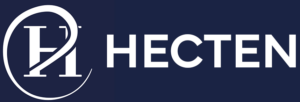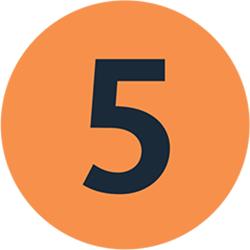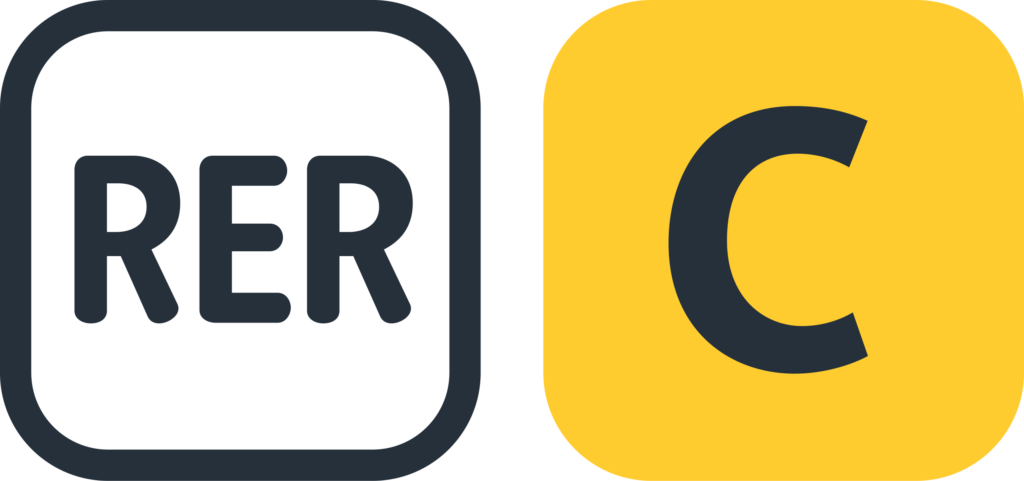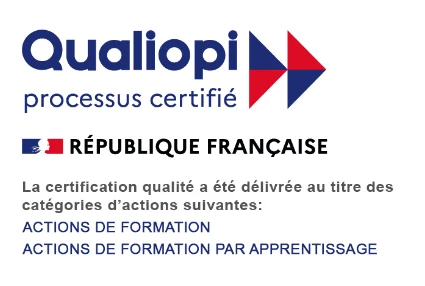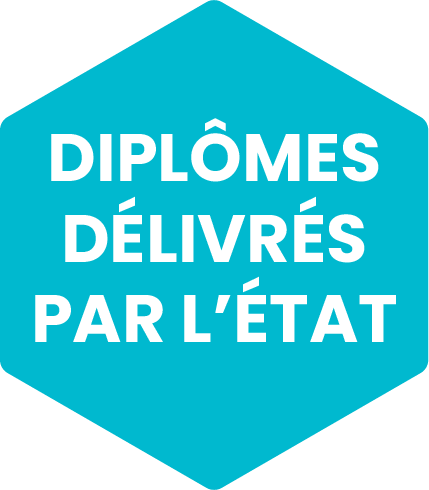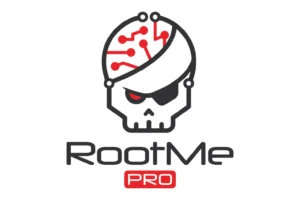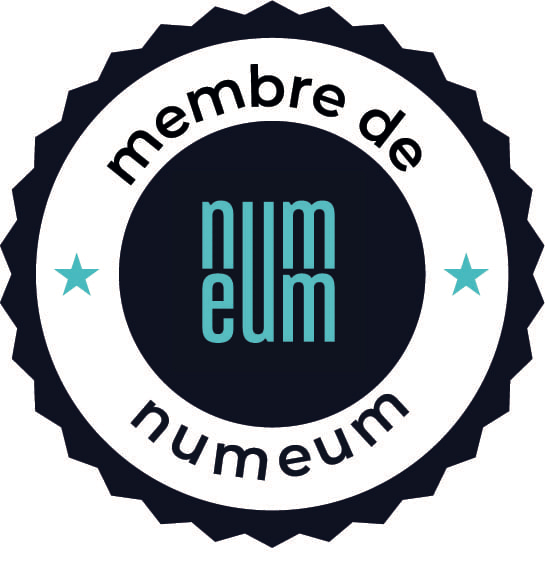Ultimate ranking of the 15 best IT schools 2025.
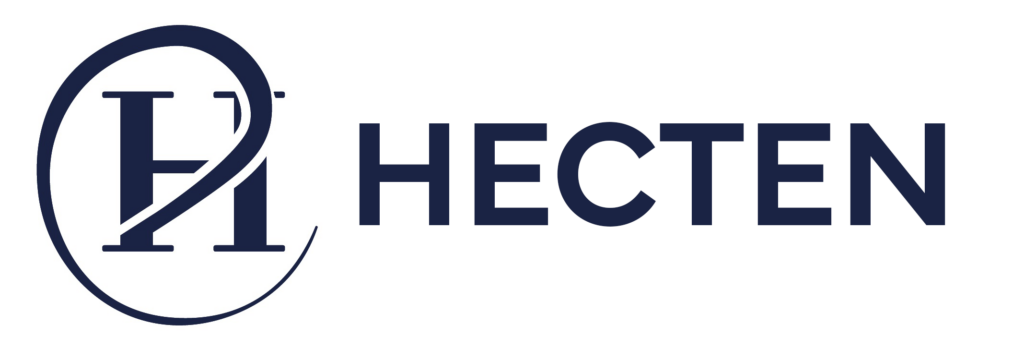
I. Introduction
Today, the IT sector is one of the most attractive on the job market. With the acceleration of digitization and the constant emergence of new technologies, it continues to evolve at great speed, offering varied and promising professional opportunities.
Global momentum driven by digital growth
In the United States, the number of students enrolled in computer science has risen by a spectacular +130% in ten years, according to L’Express. This is the biggest increase of any university major. In France, the trend is similar: at the start of the 2020 academic year, 154,300 students were enrolled in the engineering cycle, an increase of 2.5% in one year and 19.5% in five years. By the end of 2021, there will be around 1.2 million active engineers in France, representing an annual increase of +3%.
Strategic post-bac orientation
Faced with this dynamic, more and more young people are turning to computer science schools as soon as they finish high school. This post-baccalaureate orientation is of strategic importance, as it determines both the quality of the training course and professional integration. Students take into account a wide range of criteria when choosing a school:
The quality of student life, with accessible campuses, local services and an atmosphere conducive to personal development;
Opportunities for professionalization throughout the curriculum, via work-study programs, internships or supervised real-life projects;
An international outlook, through partnerships with foreign universities and exchange programs;
Employability on graduation, with rapid integration rates in high-demand professions;
Salary prospects, often attractive from the very first job.
A diversified training offer
Today’s computer science schools offer a wide variety of courses: BTS, bachelors, licentiates, masters, specializations in cybersecurity, artificial intelligence, cloud computing or full stack development. These courses are offered by universities, private schools or specialized institutions, enabling each student to find a course suited to his or her goals.

II. Why go into IT?
More and more high school students are opting for IT careers, and that’s no coincidence. The sector offers a wealth of opportunities, both in terms of job prospects and working conditions.
1. A fast-growing, cross-disciplinary sector
Today, IT is a mainstay of all business sectors. Whether in healthcare, finance, commerce, industry or culture, digital technology is omnipresent. Companies and freelancers alike need developers, technicians, coders, analysts and network administrators.
With computer skills, you become an indispensable professional, capable of working in any field.
2. Varied and flexible career prospects
IT allows you to work anywhere: in a company, remotely, freelance, alone or as part of a team. The possibilities are numerous, whether on a permanent contract, as a freelancer or on a one-off assignment.
Thanks to universal languages and internationally recognized skills, IT professionals can also work abroad, opening the way to a truly global career.
3. Attractive remuneration from the moment you enter the workforce
IT salaries are among the most competitive in the world. In France, the average IT professional starts at €35,000 net per year, with rapid career development prospects depending on specialization (cybersecurity, cloud, AI…).
Training at a recognized school gives you access to these opportunities under the best possible conditions.
III. Why go to an IT school?
Opting for training at an IT school has a number of advantages for those aspiring to a career in the IT field:
- Quality training: For the most part, tech schools deliver high-quality training programs, providing the skills and knowledge essential to thrive in the IT industry. The teachers, often seasoned experts, keep abreast of the latest trends and technologies in IT.
- Specialization options: Computer science schools frequently offer specialized programs in areas such as IT security, artificial intelligence, web development or networking. Students can thus choose a field aligned with their interests and skills, enabling them to acquire specific expertise.
- Transferable skills: The skills acquired at an IT school are often transferable to other fields, such as finance, healthcare or marketing. This versatility provides students with transferable skills that prove useful in a variety of sectors.
- Career opportunities: By joining an IT school, students can access professional opportunities such as internships, work-study contracts and even jobs on completion of their studies. IT schools generally have strong relationships with companies in the sector, making it easier to enter the job market.
- Professional network: By joining an IT school, students have the opportunity to meet other students and professionals in the sector, fostering the creation of a professional network beneficial to their future careers.
In short, joining an IT school can bring many advantages, both professionally and personally. This enables students to acquire solid skills in a constantly evolving field, while giving them the opportunity to build a professional network that will be invaluable for their future.

IV. How to choose your future school?
Going into IT after the baccalaureate opens the door to many career opportunities. But you need to choose the right school to maximize your chances of success.
A wide range of training courses… sometimes confusing
There are hundreds of public and private computer schools in France. Faced with such diversity, it can be hard to find your way around. The right choice depends first and foremost on the student’s professional goals: do they want to become a web developer, cybersecurity expert or cloud engineer? Do they want general or specialized training?
Start with your aspirations to better target your goals
Two approaches can guide the search:
Start with a specific profession (e.g. cybersecurity analyst, full-stack developer) and identify the training courses that lead to it.
Or start with a field you’re passionate about (web, cloud, data, AI…) and find reputable schools in that field.
In both cases, it’s a good idea to consult the school rankings to find your way around the available offer.
Reliable resources for comparison
Websites such as L’Étudiant, Studyrama and specialized blogs provide access to rankings, alumni feedback and detailed descriptions of the courses on offer. These resources offer an objective view of the quality of the schools, their teaching staff, their career prospects and student life.
By cross-referencing all this information, future students can narrow down their choices and choose the school that best matches their ambitions.
V. Consult and understand school rankings
When you’re looking to get into a computer science school, the many rankings published each year by specialist media can be very useful. Their aim is to help students make sense of the wide range of courses on offer, by evaluating establishments according to quality and performance criteria.
Popular indicators, but interpret with caution
Even if they are not official, these rankings are often based on serious data: professional integration rates, academic excellence, teaching standards, diploma recognition, graduate salaries, etc. Organizations such as the CTI (Commission des Titres d’Ingénieur) and the CDEFI (Conférence des Directeurs des Écoles Françaises d’Ingénieurs) also provide reference data.
Some surveys go even further, incorporating surveys of institutions or feedback from former students, which enriches the evaluation but also introduces a degree of subjectivity.
What are these rankings really for?
They enable prospective students to compare schools according to concrete criteria, but should not be taken as an absolute truth. A well-ranked school is often synonymous with solid training, but a less visible school may also offer excellent teaching quality, in line with specific expectations (proximity, specialization, teaching format…).
What are the most frequently used criteria?
Here are the main elements taken into account in the IT school rankings:
Academic excellence: quality of courses, recognition of diplomas, competence of teaching staff.
Professional integration: post-graduation employment rate, relevance of training to the job market.
Corporate relations: work-study opportunities, partnerships, internships, presentations by professionals.
Research and innovation: participation in projects, scientific publications, laboratory quality.
International dimension: academic exchanges, diversity of student body, English-speaking programs.
Student satisfaction: surveys, testimonials, feedback on the quality of student life and infrastructure.
Facilities and premises: quality of digital resources, computer labs, workspaces.
Reputation: recognition by companies and industry professionals.
In a nutshell
Rankings are a useful benchmark for assessing the quality of an IT school. But to make the right choice, it’s essential to cross-reference this data with your own priorities: intended specialization, learning style, location, atmosphere, etc. It’s this blend of objective information and personal preferences that enables you to make an informed decision. It’s this blend of objective information and personal preferences that enables you to make an informed decision.

VI. Ranking of Engineering Schools and Schools specializing in Computer and Digital Science - Post-Bac 2023 (by Eduniversal)
- Efrei Paris Panthéon Assas University
- CPE Lyon
- EPITA, engineering school
- ESIA
- HETIC
- EPITECH Technology
- ISEP
- 3iL engineers
- ESGI – Graduate School of Computer Engineering
- Institut Sup galilée – Sorbonne Paris Nord University
- Intech
- Web School Factory
- Grenoble INP
- Supinfo
- ESAIP the room
VII. Studying at HECTEN Business School
HECTEN is a school specializing in computer science and digital technology, offering a response to the diversity of profiles and ambitions, from post-baccalaureate to bac+5. Renowned for its professional approach, HECTEN is a strategic choice for those wishing to train for the professions of tomorrow.
The school offers a range of digital training courses designed to meet real market needs. These are taught by expert trainers in the sector, enabling students to acquire skills that can be applied immediately in the workplace.
HECTEN also stands out for :
A hands-on approach to learning, based on real-life projects carried out in collaboration with partner companies;
A work-study program from the first year, with tuition fees paid by the host company;
Individualized support: each student benefits from regular support, provided in a caring environment that encourages success.
The courses on offer include the BTS SIO, the BTS CIEL, and the Bachelor’s degree in cybersecurity, available as initial training, apprenticeship or continuing education.
Located in the heart of Paris, HECTEN offers a connected, dynamic and professional environment. The school benefits from a solid network of corporate partners, ensuring that students are employable as soon as they graduate.
